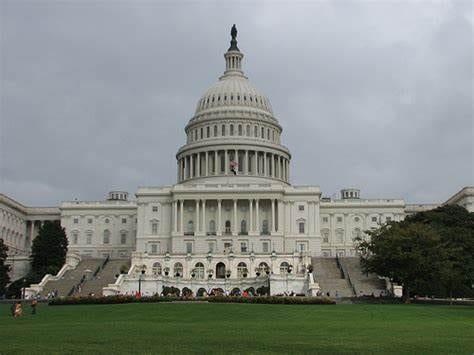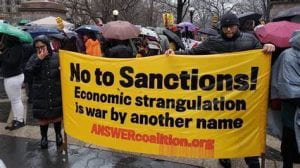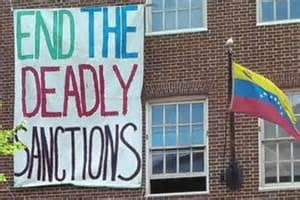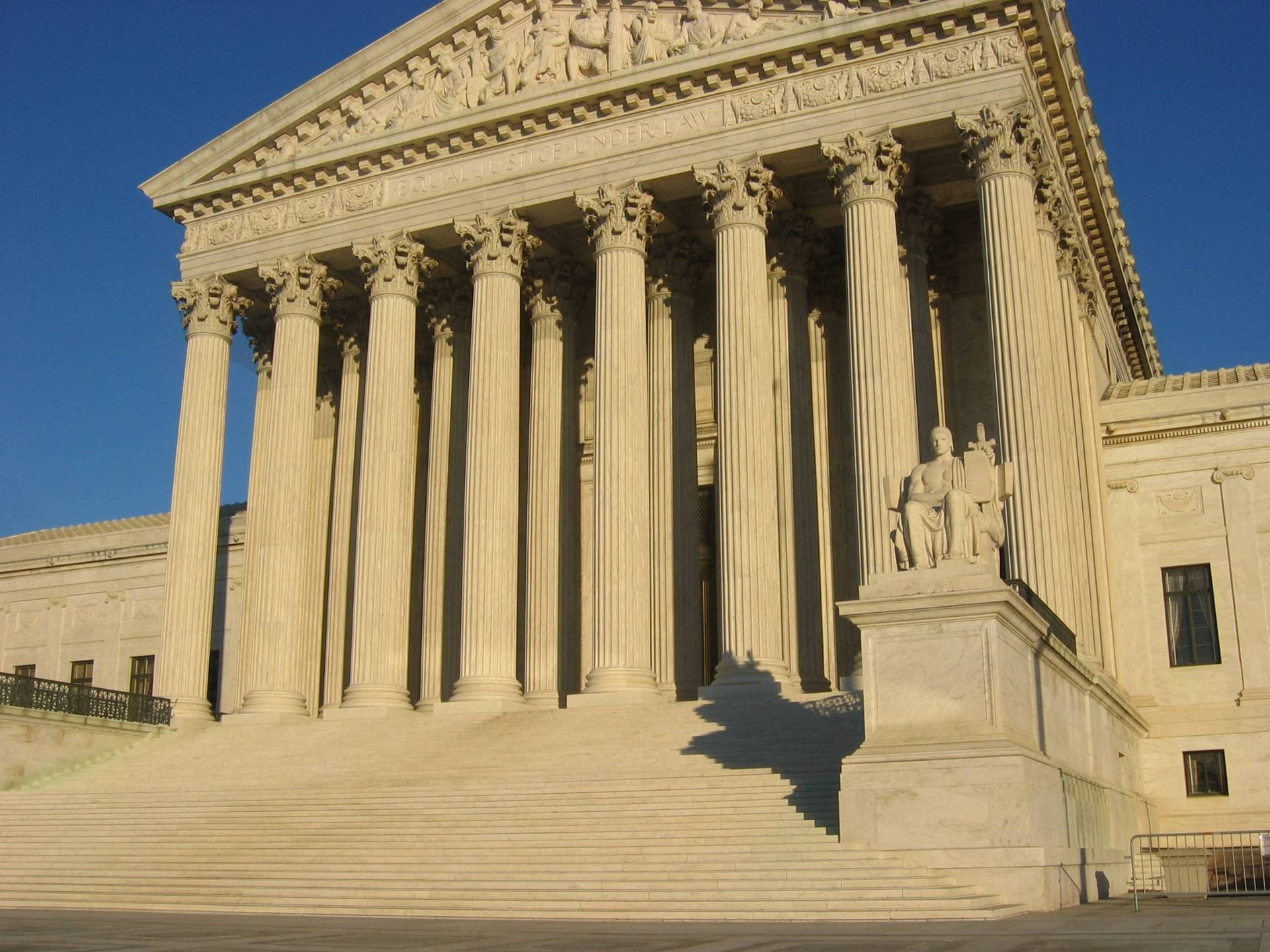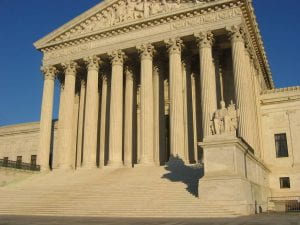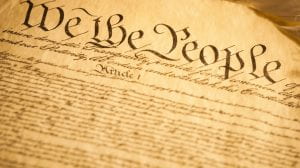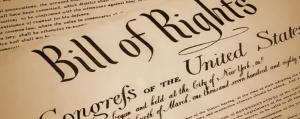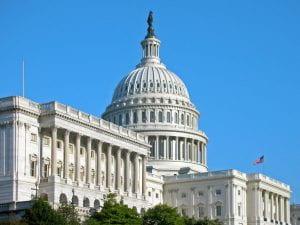In 2016, Madison Jensen spent four days in jail, incarcerated at the Duchesne County Jail. During this time, she spent time pleading for care and support. Her incarceration, requested by her parents, ended with her death. Her initial booking was on suspicion of heroin and marijuana possession. Upon the release of her from a hospital emergency room, she was placed into Duchesne County Jail. With hopes of being protected by the county and supported through such a horrendous time, she was faced with what appears to be negligence.
Investigators found that during the four days she was incarcerated, she was projectile vomiting in her cell; even with reports from fellow inmates, the county did not take any action. From her booking to her unfortunate passing, her health condition decreased rapidly; over the time period, she lost 40 pounds. Despite her condition, no action was taken. She had completed a handwritten medical request citing her symptoms, but she was met with silence. Even when her cellmate tried to usher the officials into the cell to help mobilize a solution, she was met with silence.
During the investigation, it was noted that despite significant notices, there was limited information tracked; this is amplified by the lack of uniform guidelines that legislate how agencies and the incarceration system should track and release information related to inmate deaths. The jury awarded Madison’s family a $15 million verdict upon the conclusion that the county and jail staff were liable for her death. While this case was resolved in court, Madison’s death is representative of a larger issue: frequently inadequate healthcare access in correctional facilities.
Utah and Its Changes
As the nation is changing, especially relating to perspectives about criminal justice, states are taking a very different approach to their goals to tackle justice and healthcare issues. One state that has a new approach to this is Utah.
Utah has recently developed the Utah State Legislature’s Law Enforcement and Criminal Justice Interim Committee. This is a group tasked with overseeing the framework for Utah’s new Criminal Justice Task Force and reviewing dozens of bills that propose adding or expanding criminal penalties. This committee contains 18 legislators: 13 Republicans, 4 Democrats, and 1 Forward Party member. While most of them support the formation of this task force, many of these individuals do not have any experience in criminal justice or public health. This matters for human rights, because access to healthcare is a right for all individuals, as outlined by the United Nations.
In Utah, the landscape of incarceration is changing. Since 1980, arrests in Utah increased by 63%, with drug-related offenses spiking by an astonishing 317%. More arrests does not necessarily correlate to more incarcerated individuals, but the rate of incarceration in Utah is 396 per 100,000, which is higher than almost any other democratic country. Behind these numbers are women with complex healthcare needs, shaped by trauma and systemic neglect. More than 85% of incarcerated women in Utah report experiencing physical or sexual abuse prior to incarceration.
As the number of inmates rises, access to timely medical care becomes less available. This amplifies health risks and further deepens the cycle of trauma. These problems have further been amplified by overcrowding in prisons.

Source: Wikimedia Commons
Maternal Care Behind Bars
All of this presents a unique challenge for women, specifically with access to maternal care in jails. Utah, however, has been making progress on this front to improve the public health outcomes for women who are pregnant. Legislation like HB326 brought much-needed improvements to prenatal care for incarcerated women. Before this bill, pregnancy behind bars often meant increased risks of premature birth, low birth weight, and labor complications: outcomes that carry lifelong consequences for both mothers and their children.
This progress is beneficial, but isolated wins are not enough.
Public Health Integration
Poor inmate health has a ripple effect beyond prison. Inmates are often released, and when women return home, they often become key contributors to their families and communities. When their health is neglected, this can result in generational consequences that feed cycles of poverty, mental health crises, and instability.
The issue is not colorblind, either; underrepresented races are overrepresented in negative health outcomes generally in correctional facilities. Black, American Indian, and Hispanic women in Utah are disproportionately incarcerated at higher rates than their white counterparts. This exposes them to increased healthcare inequities.
As the Criminal Justice Task Force develops, the Utah Department of Public Health needs to have a seat at the table. This will increase the likelihood that women will receive the healthcare they deserve whilst incarcerated. This intersects explicitly with human rights, as it expands healthcare access; by working to mobilize key resources to those who need it most, inequalities are addressed in the most efficient manner, which allows for improved health outcomes. Although health is not defined as a right by the US Constitution, it is a human right as delineated in the Universal Declaration of Human Rights.
Prioritizing Human Dignity
Understanding the nuances of health as it intersects with incarceration is integral to improving maternal health outcomes across the state. This issue presents at the intersection of compassionate and strategic approaches. As better healthcare is provided, emergency service costs decrease, there are lower rates of recidivism, and medical crises decline. If the Criminal Justice Task Force incorporates public health experts, there will be improved health outcomes for the most vulnerable inmates.



